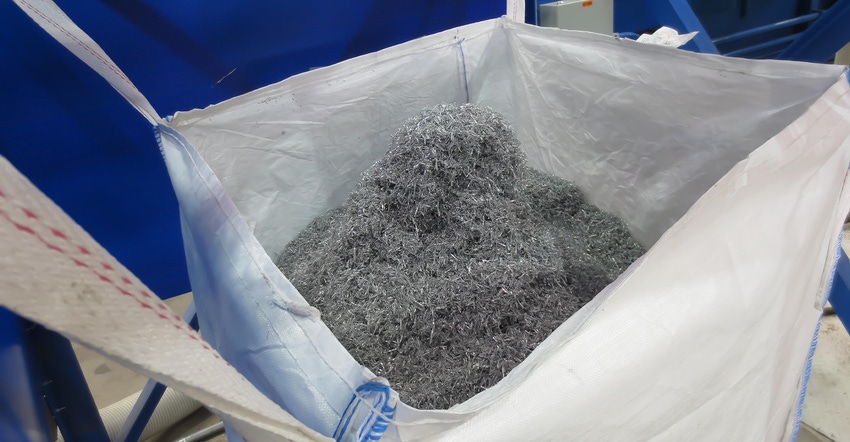REMADE Allocates $19.6 Million to Advance Circular Manufacturing and Energy Reduction
The REMADE Institute, a collaborative effort between the U.S. Department of Energy and 167 partners, has allocated $19.6 million for 14 research and development projects to advance circular manufacturing, reduce energy consumption and cut greenhouse gas emissions.

The REMADE Institute, a pioneering public-private partnership consisting of 167 members and established by the U.S. Department of Energy (DOE) has announced an additional $19.6 million in funding for new technology research.
The Institute, in collaboration with DOE, has chosen 14 new research, development, and demonstration projects in its latest funding round, which had an initial investment of $140 million.
Half of the selected projects are focused on the demonstration phase, addressing crucial energy, environmental and economic objectives.
Dr. Christopher Saldaña, director of DOE's Advanced Materials and Manufacturing Technologies Office (AMMTO), commented on of the significance of the research, stating, "These projects underscore the importance of manufacturing and materials innovations toward advancing a circular economy."
He also highlighted the partnership's role in "promoting transformative practices that enhance America's manufacturing expertise while emphasizing environmental stewardship."
Manufacturing accounts for 25 percent of U.S. energy consumption, costing approximately $150 billion. U.S. industry is the largest contributor to greenhouse gas emissions, accounting for 30 percent, according to the U.S. Environmental Protection Agency (EPA).
In this latest round of funding, which marks the sixth investment cycle for the Institute, the DOE and the recipients are sharing costs. Several new partners have joined REMADE's existing roster, which includes industry leaders and academic researchers such as Caterpillar, John Deere, Michelin, MIT, RIT, Unilever, Volvo, and Yale University.
Magdi Azer, chief technology officer at REMADE, shared insights into the focus of the Institute's research, aiming to increase circularity for materials like metals, plastics/polymers, fibers and electronic scrap.
"REMADE's projects address multiple aspects of the Circular Economy, including systems analysis, circular design, remanufacturing and reuse, recovery and recycling," he said. "These latest R&D projects will, for example, explore better ways to remanufacture cast iron components; remove contaminants from molten aluminum scrap; convert the midsoles of used shoes into a newer, more sustainable foam for footwear; develop machine learning tools to advance the sorting of textiles; design recyclable multilayer flexible packaging; and increase machine learning tools to better determine the state-of-health for used hybrid and electric vehicle batteries."
Since its inception in 2017, REMADE has launched or selected almost 100 R&D projects with a combined value of nearly $100 million. These initiatives are geared towards reducing the use of primary materials, increasing the adoption of secondary materials, conserving energy and reducing greenhouse gas emissions.
In addition to the 14 R&D projects, REMADE recently allocated funding for an education and workforce development initiative.
SOURCE: REMADE
About the Author(s)
You May Also Like


